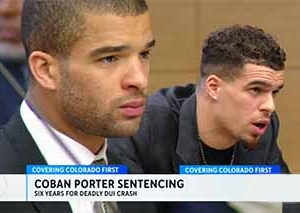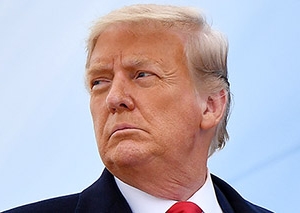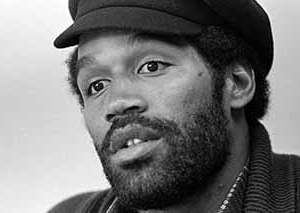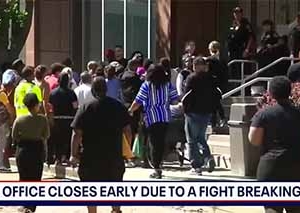
A Black Atlanta woman signed up for Coronavirus vaccine clinical trials to ensure Black people are represented.
Ashley Nealy, 32, applied to participate in late-stage Covid-19 vaccine clinical trials by answering a social media ad looking for diverse volunteers.
Nealy tells Channel 2 Action News anchor Jovita Moore that she felt it was important to make sure the clinical trials were as diverse as possible.
“I actually wanted to do a clinical trial before I even saw the ad. I had registered at the website that Dr. Fauci mentioned, the Covid prevention network, and I never heard a call back. So whenever I saw the ad, I was like, let me just see if they’ll accept me for this trial. So I signed up and less than two hours later actually got a call to participate in the trial,” Nealy said.
Nealy said she was aware that there aren’t enough Black volunteers for the trials and that there cannot be a vaccine product without more Black people. “So I figured that I can put my name in a hat and see if I can help be part of that,” she said.
The vaccines contain RNA (Ribonucleic acid) that use specific instructions to tell human cells to produce antibodies against the coronavirus.
The RNA vaccine differs from normal vaccines that contain dead virus particles that trigger the immune system to produce antibodies against a specific pathogen.
RNA vaccines have never been approved for human use before because of the potential for something to go wrong.
What if human cells misread the mRNA instructions and go haywire inside the body?
Nealy says she participated in the trials knowing the RNA vaccine could negatively impact her health.
“This is so that I can help stop the pandemic and make sure that the vaccine works for Black Americans and everyone whenever it comes out,” she told Moore.
“You know, so many people will say that they sort of have a mistrust,” said Moore. “You’re like a guinea pig. You don’t know what’s going to happen. You don’t know what you’re being injected with. What would you say to those people who have a real fear or maybe just a lack of interest right now?”
“Yeah, I will say I definitely understand,” Nealy responded. “I know Black people in particular have a really long mistrust history with public health and with us being experimented on. And I understand that 100%. I will say if you are willing, and maybe if you’re like a guinea pig like me to definitely participate, because we really can’t move forward on this pandemic without knowing that a vaccine works for all of us.”
Nealy says so far there have been no side effects.
“So actually, the next day after getting the vaccine, I did feel tired. I wasn’t expecting to feel that fatigue. And I did have some body aches and sweating. And that was some of the things that they said you might experience if you have the vaccine.”
Some volunteers received placebos while others were given the real vaccine.
“And then of course, they can’t tell us but I’m pretty sure I did. And those are the only symptoms I had. They only lasted about a day and the next day I was fine,” said Nealy.
The Centers for Disease Control (CDC) has asked all 50 states to prepare for massive distributions of Covid-19 vaccines by late October or early November.
Further complicating the vaccination effort is the cold storage requirement and the fact that two vaccine doses will need to be given 2 weeks apart.





